The content of this article is sourced from 42how and has been translated by ChatGPT
On February 17th, a news story reported by the German media company Manager Magazin went viral on the Chinese internet.
The headline reads: “Volkswagen and Huawei negotiate a deal worth billions of dollars in China”.
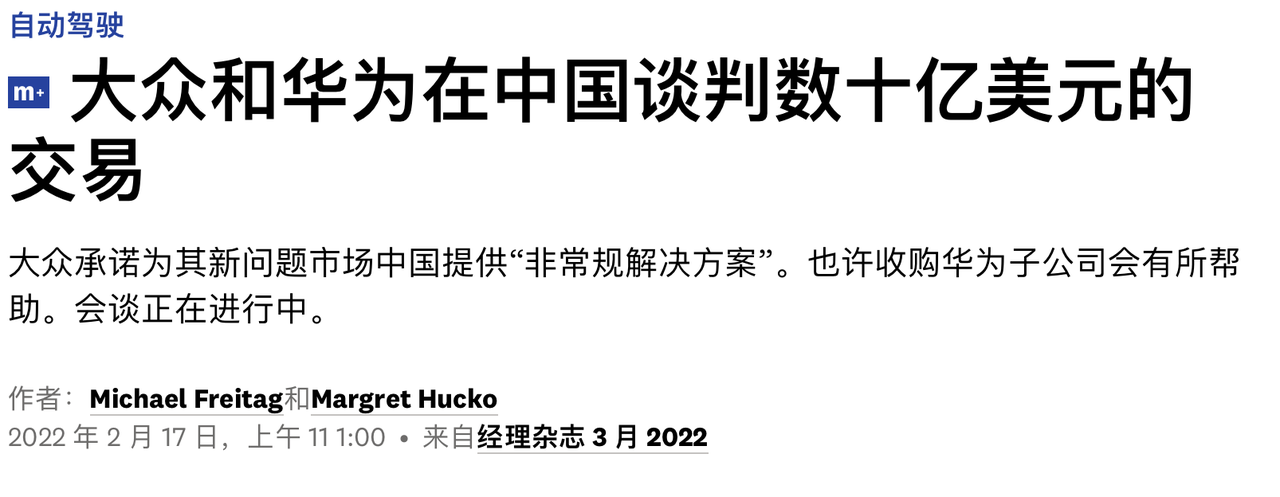
The original Manager Magazin article says:
Participants reported that the companies have been discussing the acquisition of a Huawei unit specializing in autonomous driving for several months. The subsidiary of the tech company has 700 employees, about 50 of whom are absolute specialists in the field.
Translated into Chinese:
According to participants in the discussion, Volkswagen and Huawei have been discussing taking over Huawei’s autonomous driving department for several months. The department has 700 employees, about 50 of whom are absolute specialists in the field of autonomous driving.
After carefully reading this paragraph, I noticed two interesting points:
Firstly: the source of the report comes from insiders who participated in the internal discussion meeting between Volkswagen and Huawei about the acquisition. This proves that Volkswagen and Huawei did have discussions about related matters, not just hearsay.
Secondly: the subject of acquisition is “Einer autonomes Fahren spezialisierten Huawei-Einheit”, translated into Chinese as “a department of Huawei specializing in autonomous driving”. The department has “700 employees”, including “about 50 specialists in the field”.
Huawei’s automotive research and development team currently has more than 5,000 employees, and the research and development team for intelligent driving has more than 2,000 employees. Therefore, the subject of discussion between Volkswagen and Huawei cannot be the entire Huawei Car BU, but more likely a certain product department under the Car BU.
To better understand the logic behind this news, it is necessary to first take a look at the current situation of Huawei’s automotive business.
Is Huawei willing to give away its autonomous driving department? Not likely.
In 2014, Huawei started its autonomous driving project internally.
On April 17th, 2019, the rotating CEO of Huawei, Xu Zhijun, announced the Huawei Intelligent Automotive Strategy, announcing its formal entry into the smart connected vehicle market.In the interview with the former leader of Huawei’s Intelligent Driving Department, Su Jing, prior to this, he clearly stated that Huawei’s current autonomous driving R&D team has a scale of more than 2,000 people, and the R&D expenditure for one year is close to 1 billion US dollars. The scale of R&D investment will also maintain an annual growth rate of about 30%. In other words, Huawei is rolling up its sleeves to prepare for a killing in the automotive business.
From this perspective, if the German media report is true, the tens of billions of dollars of negotiated acquisition price will indeed be difficult for Huawei to accept. In addition, Huawei attaches great importance to R&D. Choosing to cut off one of the cores of R&D, the “Intelligent Driving” department, at this point in time, is almost impossible for Huawei to do.
From 2019 to now, Huawei’s automotive business organization structure has undergone multiple adjustments. Under the current structure, Yu Chengdong is a first-level leader, and Wang Jun and Bian Honglin are in charge of operations and R&D. There are three consumer BG plates that are directly related to automobiles, namely: HarmonyOS Car Edition, HiCar, and Huawei Select. Under the Vehicle BU, there are mainly product development departments and development management departments.
In this organizational chart compiled by “Caijing,” we can clearly see that after taking on the role of CEO, Yu Chengdong strictly divided the commercial and R&D organizations of the automotive business, and the structure became more mature.
Under this framework, the Vehicle BU is similar to traditional Tier 1 and Tier 2, and is positioned similarly to Bosch Group, mainly providing related components.
The Consumer BG is an innovative model: it is responsible for providing “Huawei Inside,” namely “HI” solutions. Huawei will cooperate with car companies, and the HI business unit will negotiate the relevant introduction work with the relevant car companies in the early stage, and Huawei’s global ecology business unit is responsible for the actual sales of vehicles. Huawei’s consumer business unit provides marketing and sales solutions.
Currently, car companies that cooperate with Huawei in this form include Changan Auchan, Beiqi Jiuhu and AITO WENJIE. From the birth of AITO WENJIE, Yu Chengdong has been pushing it as hard as he can, treating it like his own son. According to Tencent Auto, in order to sell AITO M5 well, Huawei has poached many sales and marketing talents from car companies.
Yu Chengdong also publicly stated that Huawei will make its cooperation partners the most profitable brands.”We plan to sell cars in 1,000 stores by the end of this year. Assuming each store can sell 30 cars per month, I have set a challenge to achieve a monthly sales target of reaching 30,000 cars. This way, the sales revenue for our cooperative car companies will reach 100 billion yuan per year.
From the attitude of Richard Yu, Huawei currently favors the “cooperative car sales” business of the Consumer Business Group (BG). However, it is necessary to clarify that both the Car Business Unit and the Consumer Business Group are just empty talk without strong R&D capabilities.
Urgent Acceleration of Volkswagen’s Intelligence
Volkswagen has made continuous efforts in electrification and intelligence transformation in recent years.
Since 2020, Volkswagen CEO Diess has been frequenting Elon Musk, and on October 16, 2020, Diess invited Martin Masson to deliver a speech to 200 executives online to inspire their work.
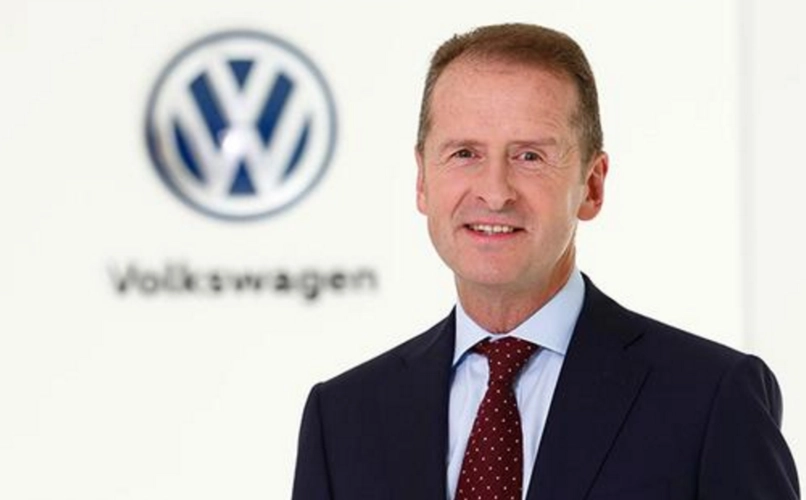
Diess even risked estrangement with the union to announce through various media that Volkswagen will cut 30,000 jobs in the electrification reform.
In Volkswagen’s 70th round of investment planning for 2022-2026, 89 billion euros were invested in electric vehicles and digital fields, accounting for 56% of total planned investment.
Among them, investment plans for autonomous driving and digital transformation reached 30 billion euros (approximately RMB 215 billion), an increase of 10% compared to the previous plan.
And just last Wednesday, when interviewed, Diess also stated that he expects the automotive industry to achieve popularization of intelligent driving within 2025. Volkswagen is seeking further partnerships to improve its self-sufficiency in software.
On March 30, 2021, Volkswagen announced the establishment of the CARIAD software department, and Volkswagen also said it will launch a software platform that fits all of its models in 2025.
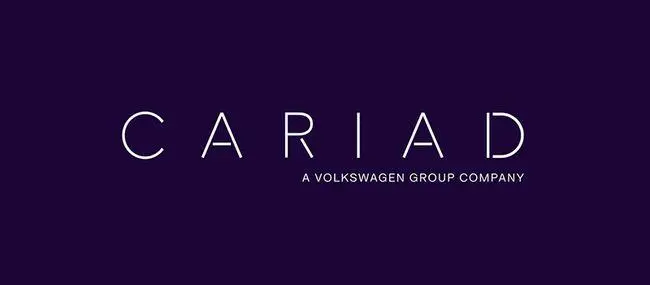
As for autonomous driving, on July 13, 2019, Volkswagen and Ford jointly invested in the self-driving technology company Argo AI. Volkswagen spent 2.6 billion U.S. dollars to obtain 40% equity, the same as Ford, with the goal of developing autonomous driving technology in the United States and Europe. On January 25, 2022, Volkswagen’s CARIAD software company announced a cooperation with Bosch Group to jointly develop consumer-grade assisted driving system and autonomous driving system.”To be honest, Volkswagen’s performance in the field of assisted driving on the MEB platform is commendable. Volkswagen is also eager to consolidate its advantages and even catch up with leading players in this area. Therefore, the rumor of acquiring Huawei’s intelligent driving department is both unexpected and reasonable.
The performance of Volkswagen’s existing assisted driving system is already good among traditional car companies, and the frequent investment in this field also implies that Volkswagen hopes to accelerate its research and development through cooperation with other companies, which is a common practice for everyone to lead in the in-depth electric vehicle era.
Conclusion
Going back to the source of this news, relevant participants said:
The two sides have a big discrepancy in price expectations. The two sides have differences in price, with price discussions ranging from several hundred million dollars to one billion dollars.
Moreover, the insider also said that the negotiations had reached a deadlock and there has been no progress so far.
In fact, domestic reports on Volkswagen and Huawei’s cooperation have been much earlier than German media.
As early as October last year, there were reports that Huawei and Volkswagen Group were forming a joint venture. Volkswagen Group contributed funds to become the controlling party of the joint venture company, and Huawei mainly provided technology, including software technology such as automatic driving, chip patents, and so on.
The establishment of a joint venture company is much more reasonable than the direct acquisition reported this time. On the one hand, during the difficult period when Huawei’s mobile phone business encountered bottlenecks, it pinned its hope on the automotive business. Huawei has also revealed its idea of independently establishing a smart driving business architecture and setting up an independent company. It is not a beneficial solution to package and sell core departments.
It is reminiscent that Dr. Stephan Wöllenstein, CEO of Volkswagen Group (China), revealed in an interview earlier that Volkswagen’s software company CARIAD will establish a team focusing on automatic driving research and development in Shanghai, and coincidentally, Huawei’s smart driving development center is also located in Shanghai.
On the other hand, China’s strong research and development capabilities in automatic driving and the strong electric vehicle market make it inevitable for car companies to seek local partners.
In February 2021, Toyota invested $400 million in the autonomous driving company Pony.ai to deepen and expand the cooperation between the two companies in the field of transportation. Based on this, the two companies will further accelerate the research and development and commercial application of autonomous driving.
In September 2021, GM invested $300 million in the autonomous driving company Momenta, and GM said that the agreement with Momenta will support General Motors to accelerate the customization of next-generation solutions for Chinese consumers and put them into application. In November, Toyota also participated in Momenta’s C+ round of financing.
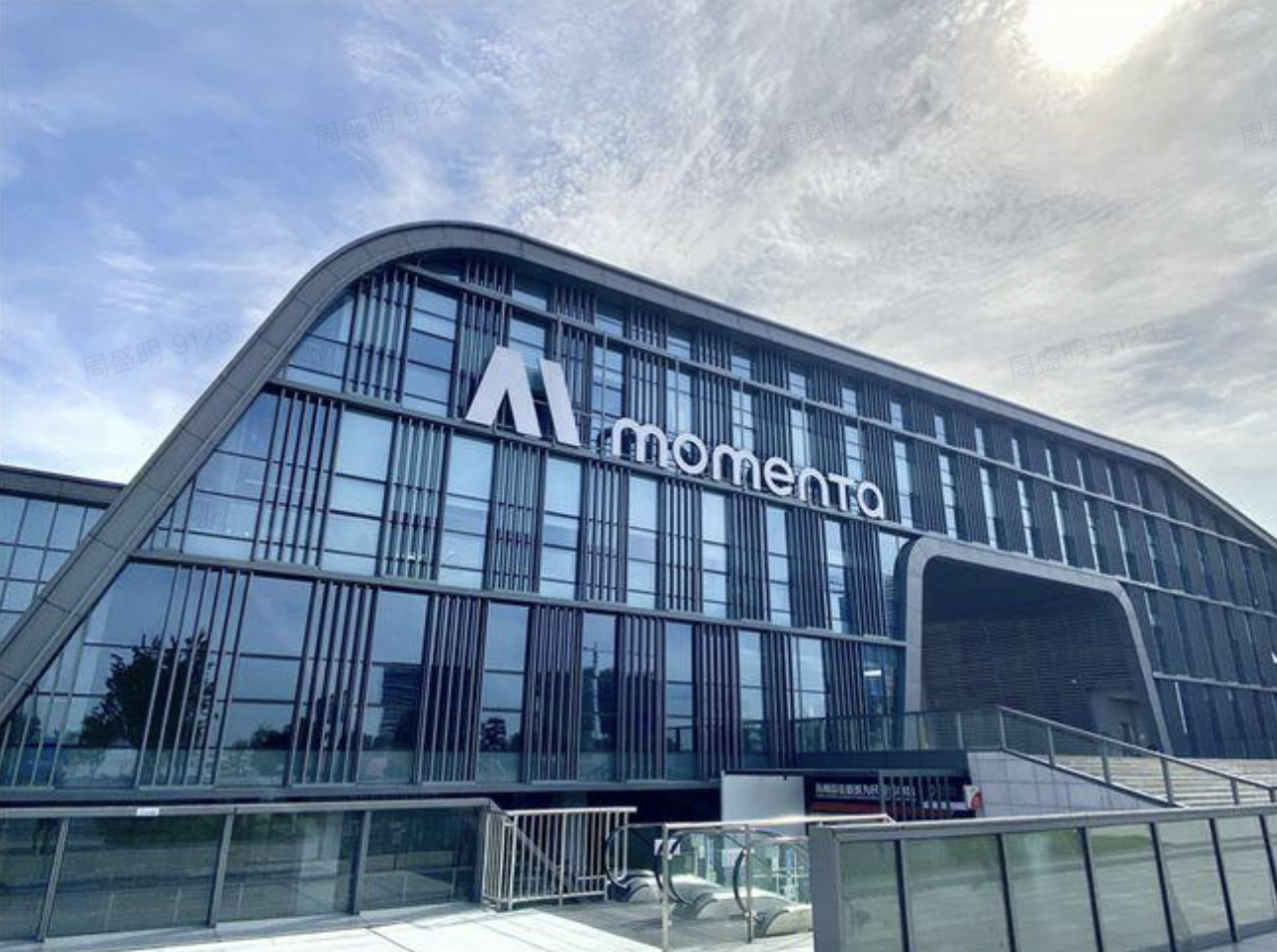 # For Huawei, the sales performance of the Seres SF5, the first car hatched under the “Huawei Smart Selection” model, is not ideal. From July to December last year, the sales of Seres SF5 were 94, 715, 1,040, 2,205, 1,446 and 1,089 respectively, and the total sales for the whole year was only 8,086. Huawei’s sales channel advantage was not effective on Seres SF5, which was also quite different from Yu Chengdong’s expectations.
# For Huawei, the sales performance of the Seres SF5, the first car hatched under the “Huawei Smart Selection” model, is not ideal. From July to December last year, the sales of Seres SF5 were 94, 715, 1,040, 2,205, 1,446 and 1,089 respectively, and the total sales for the whole year was only 8,086. Huawei’s sales channel advantage was not effective on Seres SF5, which was also quite different from Yu Chengdong’s expectations.
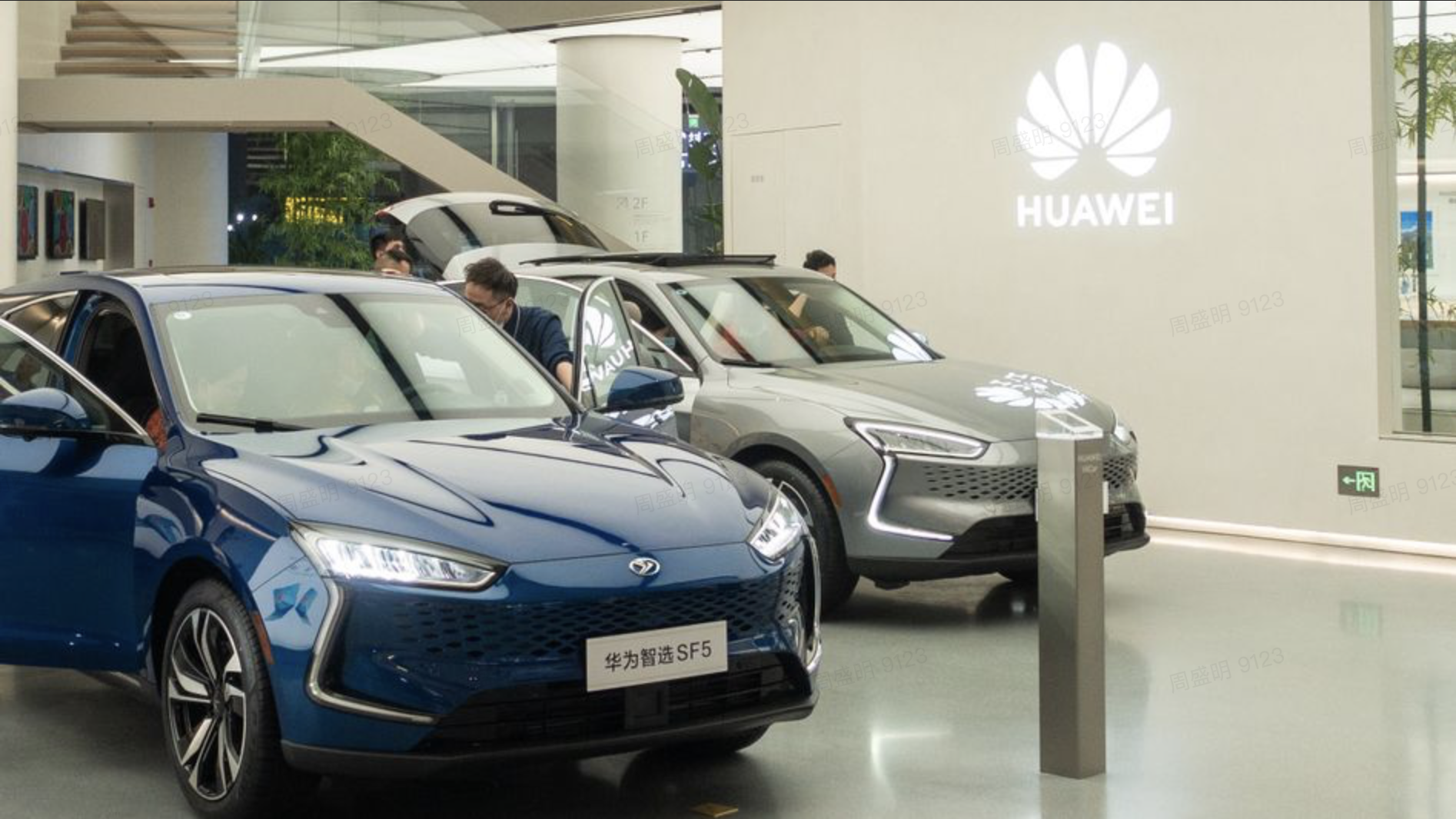
Regardless of whether such sales performance is related to the low brand appeal of Seres itself, whether automakers can accept the third party firmly grasping the core technology of intelligent driving, and whether they are willing to cooperate, are also other issues that cannot be ignored.
At last year’s SAIC Group shareholders’ meeting, Chen Hong, chairman of SAIC Group, said that SAIC could not accept cooperation with third-party companies such as Huawei in automatic driving. Chen Hong said, “This is like a company providing us with a complete solution. In this way, it becomes the soul, and SAIC becomes the shell. SAIC must hold the soul in its own hands.”
From this perspective, the establishment of a joint venture company by Volkswagen and Huawei may be the optimal solution to this problem. On the one hand, Volkswagen can prevent the “soul” from being sold out, and on the other hand, the independent company can be more easily financed and not constrained by the parent company’s framework. In addition, on July 10, 2021, under the guidance of the Chinese and German prime ministers, Huawei and Audi signed a strategic cooperation memorandum of understanding for joint research and development of the car networking technology, and the Huawei ADS-equipped Audi A6L was also seen by the media before, showing that Huawei and Volkswagen have a basis for cooperation.
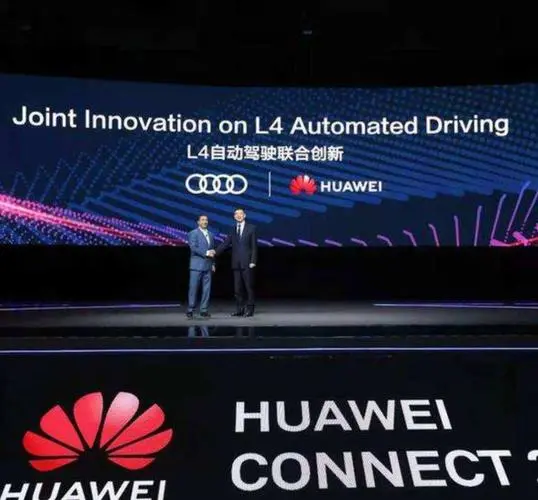
Regarding the report on Volkswagen’s acquisition of a portion of Huawei’s intelligent driving department, Volkswagen issued an official response on February 18th, stating only four simple words: “No comment.”
As the dust settles, the future cooperation mode between Volkswagen and Huawei is still unclear.
